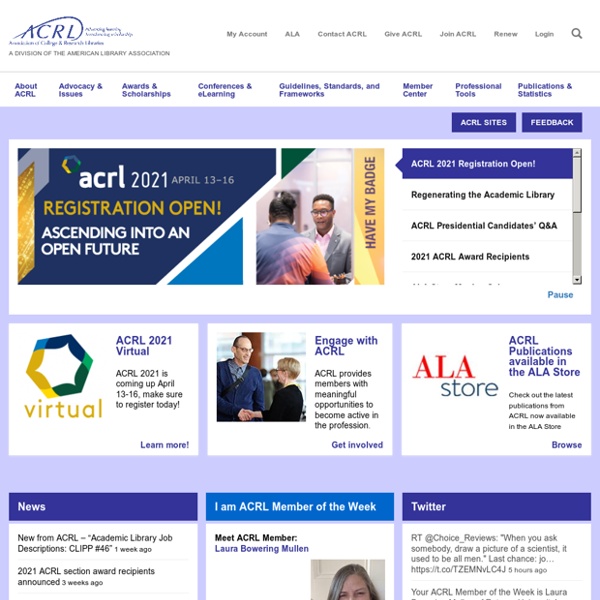



HLS – How would you Hack Library School? Home Resources | Presentations for Librarians 2/14/13: M.D. Anderson Cancer Center Update: Self-Guided Booklet for the Three Rules Since our time was limited, I’ve put together a few key slides from the presentation along with some helpful activities you can use to practice with the three rules. 4/11/11: Tx DSHS update: Books I suggested: Slide:ology by Nancy Duarte The Exceptional Presenter by Timothy Voegel The Visual Display of Quantitative Information by Edward Tufte Below are some favorite resources for advice, ideas and inspiration. See also my list of web links on del.icio.us. “How People Learn: Human Cognitive Architecture and the Learning Process”by Lee Andrew Hilyer. This excerpt (Chapter 1) gives a detailed overview of the learning process and of human cognitive architecture. Three Rules for Better Presentations (Multimedia PDF) Note: Requires Acrobat Reader 9. This PDF is a slideshow with audio, added notes and an attached summary of the three rules. Picnik ( Like this:
About Kate I’m an educator, researcher and digital curriculum and pedagogy specialist with a background in the library and information sector. I’m currently the Principal Lead, Digital Pedagogy and Curriculum at the University of Southern Queensland. Teaching and learning Teaching and learning has been a passion throughout my academic career. From 2017 to 2019, I worked in a role that didn’t involve actively teaching, but I continued to work on research in the teaching and learning space. In my current role, I lead a team of academics who work on digital pedagogy and curriculum innovation projects. In the past, my teaching has been primarily focused in the Information Management and Library and Information Practice majors of a Master of Information Science program. I have a background in teaching dual mode cohorts, with both internal and external students who move fluidly across study modes from course to course and even week to week. Research I hold a PhD in information technology from QUT. Service
Resource Description W. 11th & Bluff It started as a joke. My friend Jackie was describing a complicated cheesecake recipe she was baking for a party while I was browsing through the smoothie recipes on a vegan blog, when I stumbled across a recipe for Raw Vegan Strawberry Cheesecake*. I immediately suggested she switch recipes, to which she responded, "How can it be cheesecake if there isn't any dairy!?" A year later Jackie has come to Dubuque for a visit, and I immediately realize that this is my chance to have someone who knows how to bake food help me in the creation of the mysterious raw vegan strawberry cheesecake."Wouldn't you rather I show you how to make a real cheesecake?" she asked. I've seen other libraries post reviews of recipes from their favorite cookbooks, and I knew that our collection includes vegan cookbooks, so all that was left was to identify a recipe and bake a cheesecake. In the end, we decided to try making two different vegan cheesecakes: ~Sarah, Adult Services
Mr. Library Dude – Academic librarian with 15+ years of experience. Passionate about lifelong learning and student success. Interested in user experience and organizational leadership. For me, being a librarian has never been about the books–it's about th Visual Resources Association | The International Association Of Image Media Professionals Swiss Army Librarian :: Brian Herzog On Being a Librarian | Trends, Achievements, and Perspectives